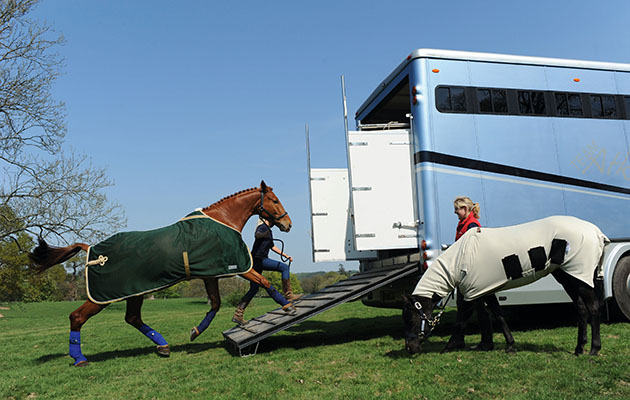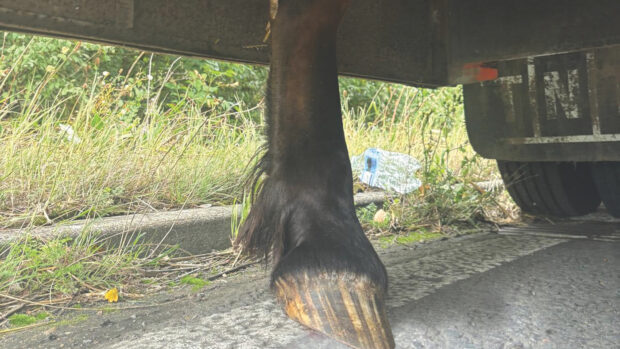Have you signed our transport petition?
View horseboxes for sale
Q: I keep reading about ‘recreational riders’ when it comes to vehicle regulations. What is the definition of a recreational rider?
CC, Worcestershire
A recreational rider is someone who does not carry his or her horse(s), or anyone else’s, for hire or reward or in connection with any trade or business.
Who does this apply to?
“What this means in practice is that professional or semi-professional riders, including riders who receive sponsorship or livery yard owners who offer a transport service to move horses in and out of their yards, need to be very careful to ensure they are complying with operator licensing rules,” said specialist road transport solicitor Richard Pelly, director at Pelly’s Transport and Regulatory Law.
“The Vehicle and Operator Services Agency [VOSA] is now requiring riders to comply with the rules from which the equestrian world has largely escaped scrutiny.
“Now that the equestrian world is clearly on VOSA’s radar, rightly or wrongly, it is imperative that those who might come within the operator’s licensing regime take proper advice to ensure they are operating legally.”
If you are carrying goods, including horses, for hire and reward or in connection with any business in a vehicle over 3.5tonnes, you will almost certainly need an operator’s licence.
Furthermore, tachograph rules will apply if you are driving a vehicle of 7.5tonnes and over, whether or not you are driving for hire and reward (see transport feature, 29 October).
Information
Pellys Transport & Regulatory Law, tel: 01279 758080, www.pellystransport.co.uk
This article was first published in Horse & Hound (26 November, ’09)
Have you signed our transport petition?
View horseboxes for sale near you



